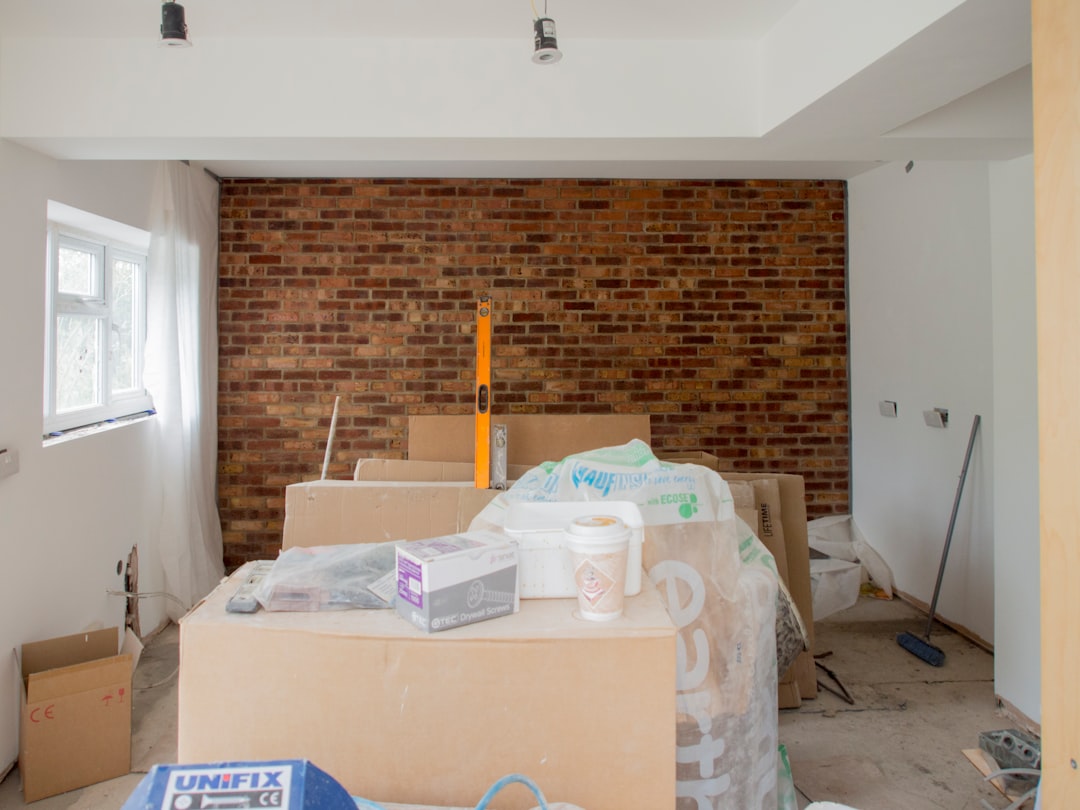
In residential construction, cleaning is a professional task that ensures a move-in-ready space. Misjudging cleaning costs can erode profit margins. Accurate estimates are crucial for builders and contractors to maintain profitability. Current cleaning costs in Boston range from $0.10–$0.25 per sq ft, depending on the phase and materials involved.
• Tight margins: A $1 sq ft miscalculation on a 3,000 sq ft build is a $3,000 hit
• Schedule risk: Underfunded cleaning forces crews to rush, risking scratches and re-work
• Client satisfaction: Dust on millwork is the first thing a homeowner notices during walkthrough
1. Square Footage
Larger footprints require more labor and materials. Accurate takeoffs are essential for precise estimates.
2. Construction Phase
1. Rough-clean: Remove debris between trades.
2. Final-clean: Detail work before punch list.
3. Touch-up: Last sweep after client walkthrough.
Each phase has different production rates, impacting costs.
3. Surface Materials
• Hardwood requires microfiber mops and non-acidic cleaners
• Marble and other porous stones need pH-neutral products
• High-gloss cabinetry shows lint and streaks, demanding extra passes
Specialty cleaning tasks are assigned based on material needs.
4. Location and Labor Rates
Boston labor averages 12% higher than the national mean. Estimates should reflect real-time market shifts.
• Rough-clean: $0.10–$0.20 per sq ft
• Final-clean: $0.12–$0.25 per sq ft
• Touch-up: $0.15–$0.30 per sq ft
• Average total cost to clean house: $0.10–$0.30 per sq ft
These figures are based on data from single-family homes between 2,000 and 4,500 sq ft.
AI Voice Capture
Use voice input to quickly generate estimates based on local rates and project specifics.
Dynamic Takeoffs
Upload plans to automatically calculate quantities and costs.
One-Click Invoices
Convert estimates into invoices seamlessly, reducing data entry errors.
1. Scan or upload plans
2. Review autogenerated cleaning tasks and crew hours
3. Adjust margins or add allowances for specialty surfaces
4. Export branded proposal for the homeowner
5. Track actual hours on site with the mobile timecard feature
6. Close out with a final invoice linked to the original quote
• Re-clean charges due to overlapping trade work: schedule cleanings strategically.
• Permit delays: budget for interim sweeps to meet inspection requirements.
• Waste disposal: account for local surcharges based on debris volume.
• Negotiate per-phase pricing with your cleaning sub
• Provide the crew with dedicated power and water
• Use adhesive carpet film during punch-list work
• Schedule painter touch-ups before final-clean
• Leverage real-time cost alerts to adjust pricing
A client saved $1,200 on cleaning costs by using phase-based estimates, redirecting savings to enhance project features.
Cleaning costs can impact project profitability. Accurate estimates and efficient processes ensure successful project completion. Explore more at CountBricks.com.

Traditional estimation methods often overlook critical factors like material-specific labor and regional wage fluctuations. CountBricks AI provides more accurate estimates, reducing the risk of cost overruns.
• Static labor tables pulled from outdated PDFs
• No adjustment for high-polish stone that needs sealing before cleaning
• Blind spots around municipal disposal fees and elevator time in multi-story builds
1. API-fed Wage Data: Keeps quotes accurate with real-time updates.
2. Material-Aware Logic: Assigns appropriate cleaning methods and rates.
3. Schedule Sync: Flags overlapping tasks to prevent re-cleaning.
A developer saved significant costs by optimizing cleaning schedules and processes, enhancing project profitability.
Explore how CountBricks can transform your cleaning estimates into a strategic advantage. Visit CountBricks.com for more information.